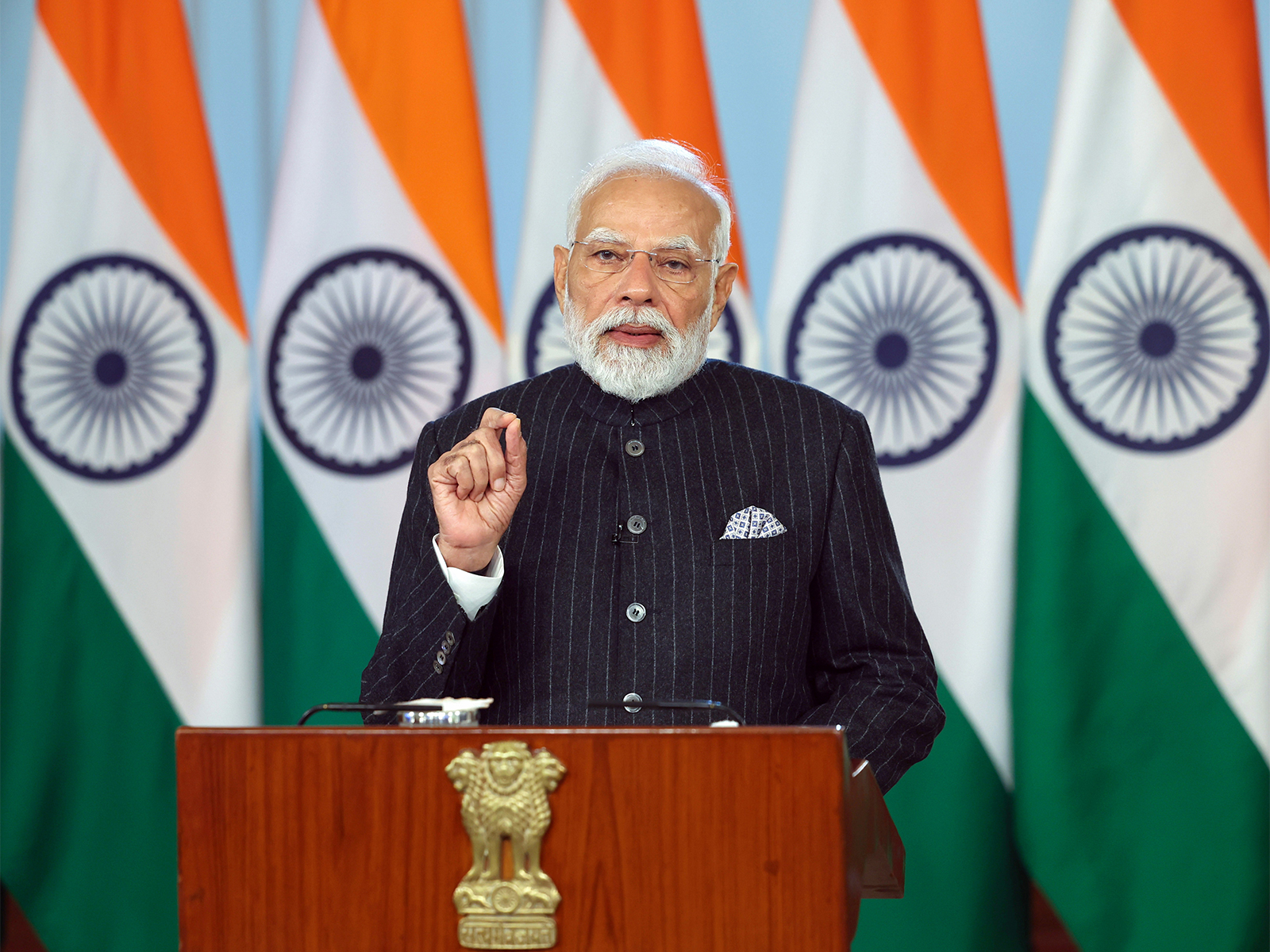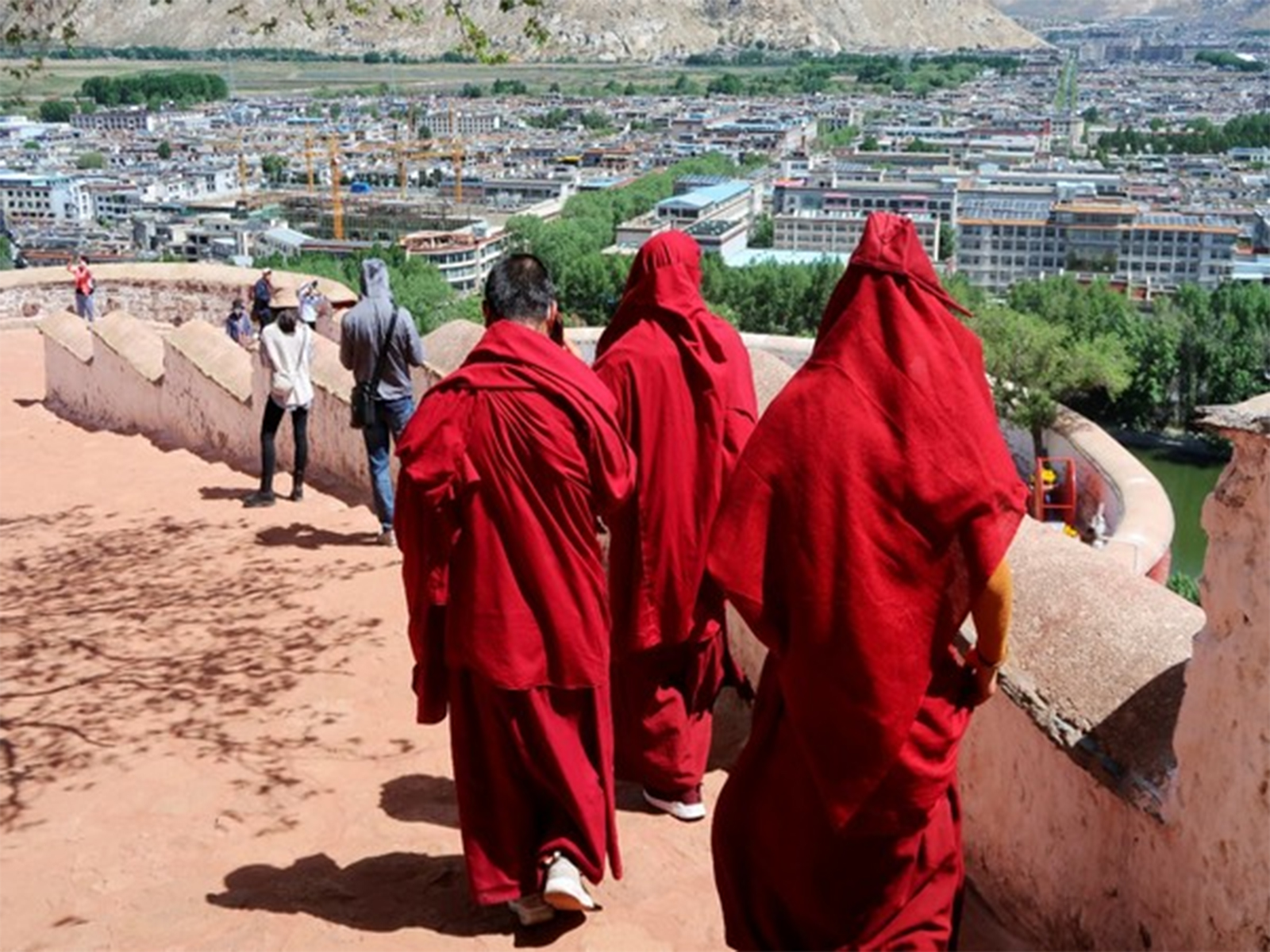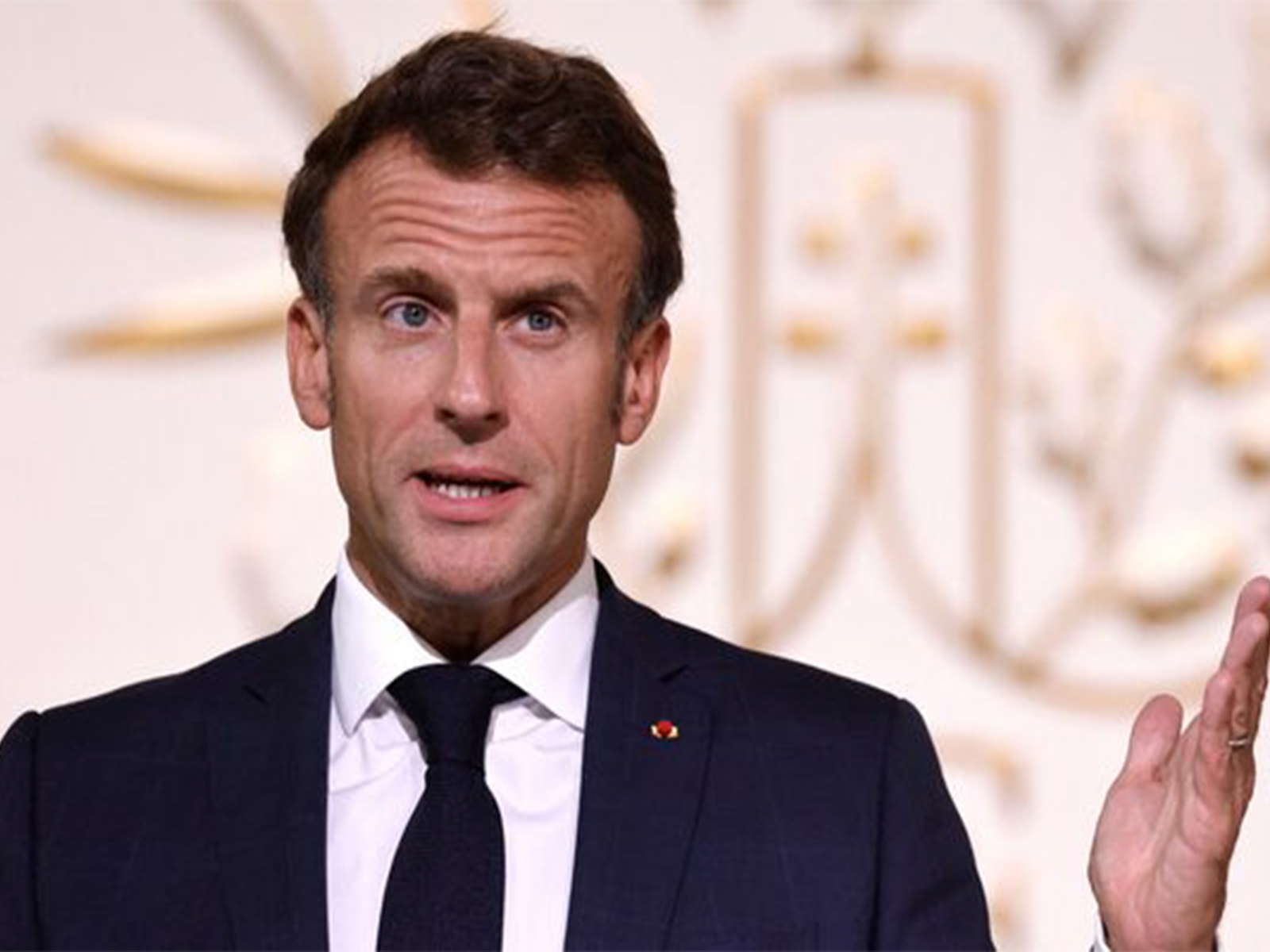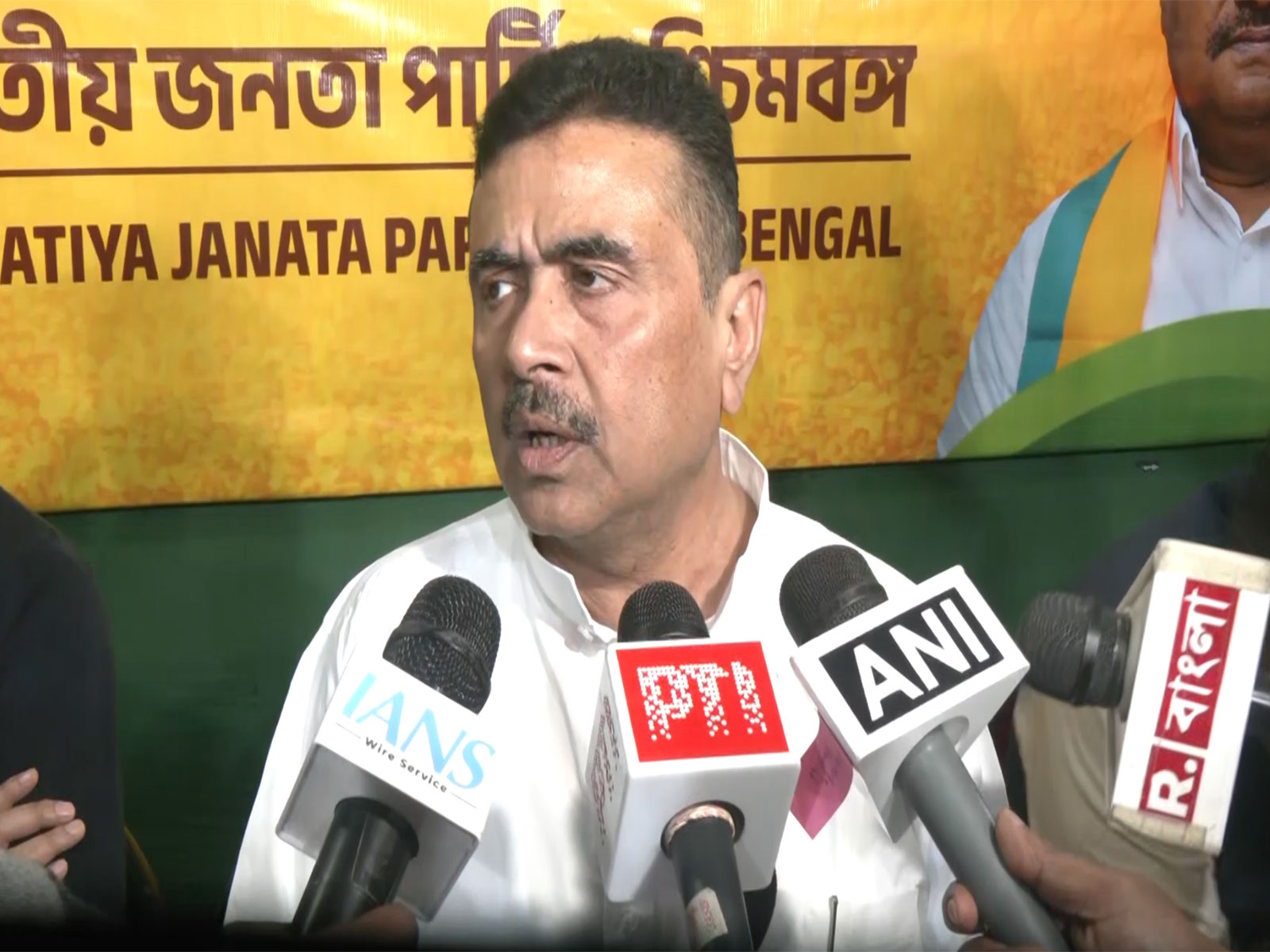UN experts write to China on Panchen Lama, reincarnation rules, ICT welcomes their statement
Aug 05, 2020

Geneva [Switzerland], Aug 5 : Five UN human rights experts and expert bodies have raised concerns with the Chinese government about Tibet's "disappeared" Panchen Lama and Beijing's reincarnation rules, citing fears about Chinese interference in the succession of the Dalai Lama.
These experts have sent a statement to the Chinese government, in which they have expressed their "grave concern at the continued refusal by the Government of China to precisely disclose the whereabouts of Gedhun Choekyi Nyima," the 11th Panchen Lama. The experts have also called for an independent monitor to visit him.
The Panchen Lama, one of the most important figures in Tibetan Buddhism, has been missing since the Chinese government kidnapped him and his family in 1995 just days after the Dalai Lama identified him as the reincarnation of the previous Panchen Lama. Gedhun Choekyi Nyima was only six years old at the time.
In their statement, UN experts have said that the Chinese government's rules on the appointment of Tibetan Buddhist leaders "may interfere and possibly undermines the religious traditions and practices of the Tibetan Buddhist minority in a discriminatory way".
The experts have also appealed to the Chinese government to ensure that Tibetan Buddhists are able to "freely practice their religion, traditions and cultures without interference," as freedom of religion includes the right of Tibetan Buddhists "to determine their clergy and religious leaders in accordance with their own religious traditions and practices."
The statement was made public on August 1 and was submitted by the mandates of the Working Group on Enforced or Involuntary Disappearances; the Working Group on Arbitrary Detention; the Special Rapporteur in the field of cultural rights; the Special Rapporteur on minority issues; and the Special Rapporteur on freedom of religion or belief.
The International Campaign for Tibet (ICT) has also welcomed the statement by the UN experts.
"The abduction of the Panchen Lama, Gedhun Choekyi Nyima, 25 years ago is an open wound in the hearts and minds of Tibetan Buddhists. The Chinese government, after years of bluntly ignoring UN bodies and international criticism, must finally allow free access to him," the ICT said.
"The UN experts also underline that any state interference with the appointment of Tibetan Buddhist leaders stands in clear contravention of international human rights law. As they rightly acknowledge such fears, this would be the case with Beijing's stated intention to appoint a future Dalai Lama. The international community should, therefore, double its efforts to safeguard the rights of the Tibetans to choose a future Dalai Lama without interference by the Chinese government," the organisation added in its statement.
The Chinese government has repeatedly claimed the right to choose the successor to the current 14th Dalai Lama and as a result, it has passed rules and regulations to support this claim, despite criticism by Tibetan Buddhists, especially the Dalai Lama himself.
Recently, the high representative of the European Union, Josep Borrell also stated that the selection of religious leaders should happen without any government interference and in respect of religious norms.
"The implementation of any legal provision should take these principles into account. The Chinese revised regulations on Religious Affairs pose serious questions in this respect and it will be therefore important to monitor their implementation ... China needed to respect the succession process of the Dalai Lama," the representative further said.
Last year, the US Congress had also introduced the bipartisan Tibetan Policy and Support Act, a comprehensive bill that aimed to upgrade US support for Tibetans and it also included "making it official US policy that only Tibetan Buddhists can decide on the Dalai Lama's succession".
If Chinese officials attempt to name their own Dalai Lama in the future, they will face sanctions under the act.
The House of Representatives passed the bill by an overwhelming majority in January. ICT is now working to get the bill passed by the Senate and signed into law by the president this year.



















